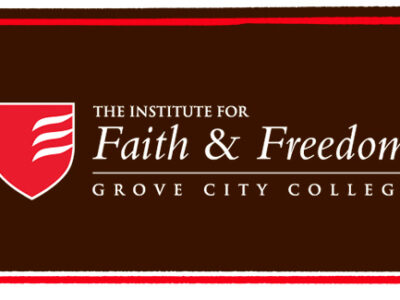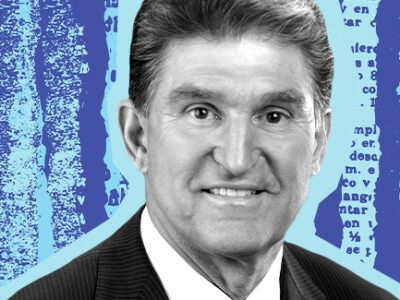Senator Barack Obama, the eminently likable possible Democratic nominee for president, has sponsored a “Global Poverty Act” that would require the United States to increase foreign aid by approximately $65 billion per year. If the Senate passes this bill, it will be Mr. Obama’s first significant legislative accomplishment in Washington (he has only been a senator since January 2005). As such, it merits our scrutiny for clues about his worldview.
Conservatives should be careful how they critique the Global Poverty Act. If we say, “we can’t afford another $65 billion per year,” Obama will score a lot of points with the rebuttal, “You mean, we can afford hundreds of billions to wage war in poor countries and tens of billions for pork-barrel spending like the bridge to nowhere, but we can’t afford to rescue the wretchedly poor from misery?” Granted, Obama’s proposal has important fiscal, constitutional, and even sovereignty issues (sovereignty because his legislation would commit us to the U.N.’s global “master plan” for dispensing aid) but those points—however valid—will strike many Americans as cheap and small-minded technicalities when weighed against humanitarian considerations.
Having seen heart-rending poverty in developing countries, I heartily endorse Senator Obama’s desire to greatly reduce, if not eradicate, Third World poverty. At the same time, I oppose the Global Poverty Act. If passed, it would be a hugely expensive mistake. The act fails on pragmatic grounds—it simply would not accomplish its stated goal of greatly reducing poverty.
For the zillionth time, we see that liberal politicians are so obsessed with redistributing wealth that they never bother to learn the prior and most fundamentally important economic lesson—namely: How to create wealth. How, in fact, do countries develop economically? WHAT WORKS?
Very simply, countries have progressed from developing to prosperous by liberating the productive energies of their citizens. How? By protecting private property, respecting and permitting profits, allowing markets to determine prices, reducing tax rates, cutting back on stifling bureaucratic red tape, stabilizing the currency, etc. In short, the primary need is for good governance and vibrant markets. This is of crucial importance. It means that countries hold the key to their own fate.
Is there nothing, then, that foreigners can do to assist this process? Indeed there is. It is called “foreign investment,” not “foreign aid.” The distinction is crucial.
Nowhere in the world can we point to a country that has escaped poverty through foreign aid—in spite of more than $2 trillion of foreign aid spending so far. Tragically, in some African countries that have received billions of dollars in aid, standards of living have deteriorated rather than improved in recent decades. As celebrity economist Jeffrey Sachs has written, the majority of foreign aid gets siphoned off to service old debts, pay for expensive consultants, fund emergency humanitarian relief, or to Swiss bank accounts. Of the remaining “aid,” much often goes to U.S. multinational corporations (corporate welfare?) who are contracted to construct dams, airports, highways, buildings, etc. Many of those projects are no more than “white elephants”—extravagant monuments to vain leaders that do little to foster economic development.
By contrast, many of the world’s developed economies were boosted by foreign investment. Foreign capital has always contributed greatly to economic progress in the United States, and foreign capital is instrumental in the rapid development of China today.
Why does foreign investment so often succeed where foreign aid fails? Primarily because investors are more careful and prudent with investments because they bear the losses when investments go south. Consequently, they are more diligent and successful at seeking out investments that will be profitable—that is, that will actually create value in the targeted economy. Public “servants,” by contrast, don’t run the same risk. If a government “investment” fares poorly, the politicians or bureaucrats who made the investment suffer no personal loss. They simply go back to the public treasury for more funds for more boondoggles. Private markets are far more efficient, productive allocators of scarce capital than any government or multilateral taxpayer-funded institution.
Besides foreign investment, another way to help the world’s poor is through increased trade. According to Benjamin Mkapa, past president of Tanzania, if wealthy countries would simply open their markets to developing countries, those poorer countries could earn their way out of poverty and wouldn’t need any foreign aid. Foreign investment and open markets are not only more effective than foreign aid at overcoming poverty, they also confer a dignity that is denied to those who receive handouts.
I am convinced that Sen. Obama’s heart is in the right place, but his Global Poverty Act proposal shows his economic knowledge to be 50 years behind the times. He has good intentions. What he needs now is a crash course in economics.




